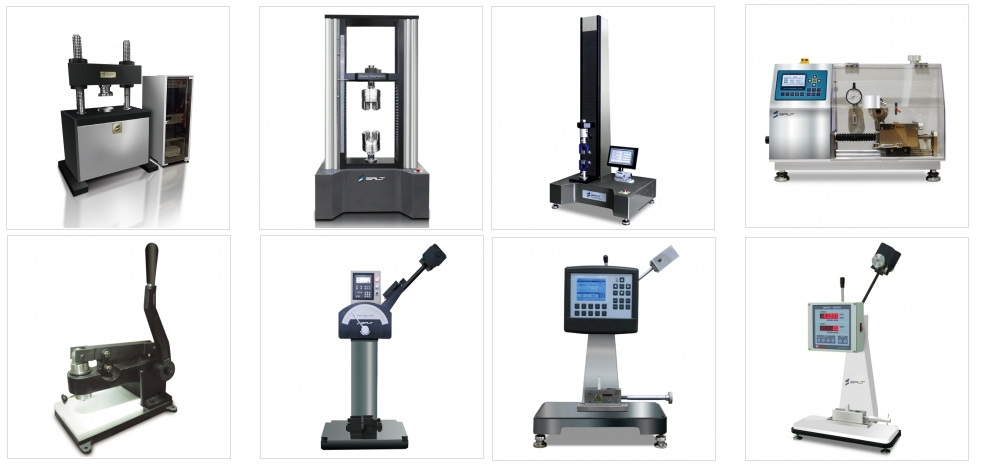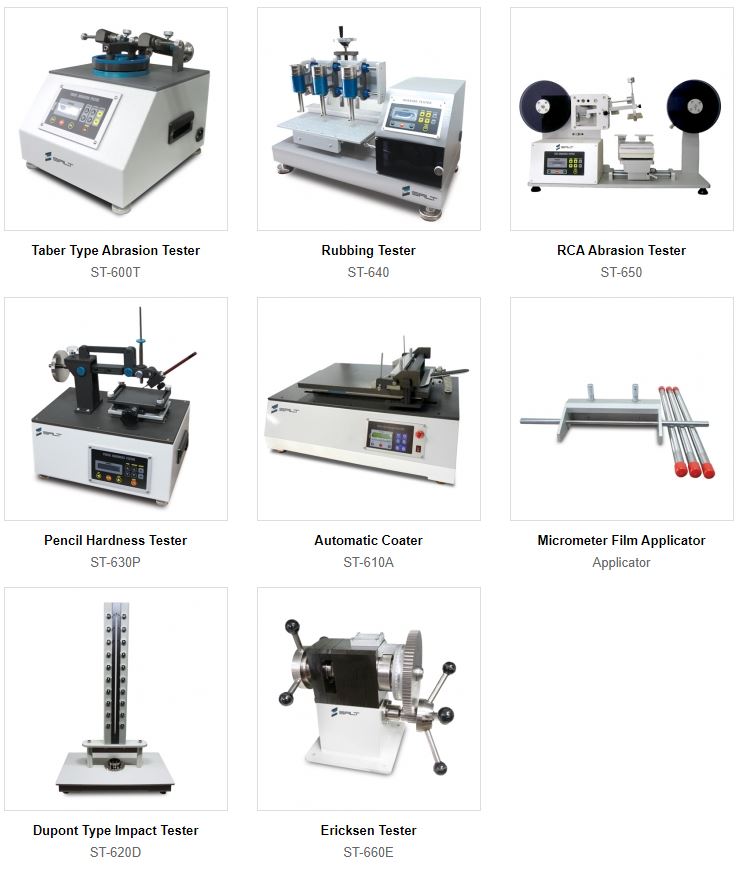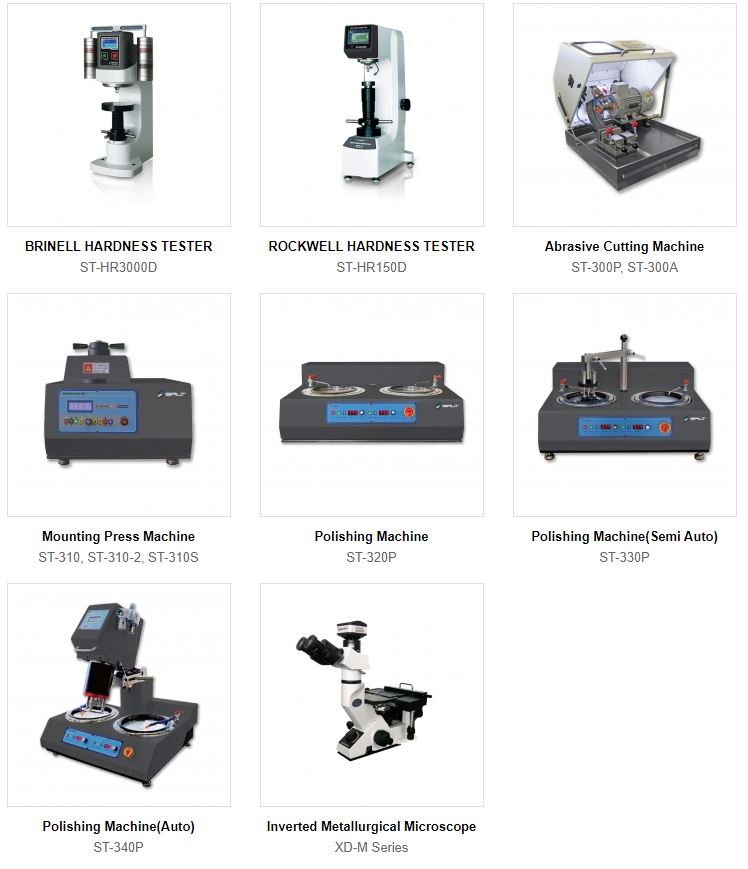SALT Material Testing
Hydraulic Servo Type Compression Testing Machine
uses a hydraulic servo system to apply precise and controlled compression forces. This ensures accurate and repeatable test results, making it suitable for a wide range of materials and applications. The machine is equipped with a high-precision load cell that provides accurate measurement of the applied load. This is critical for determining the compressive strength and other mechanical properties of the tested materials.
Universal Testing Machines (3 – 2000kN)
are capable of performing a wide range of tests including tensile, compression, flexural, shear, and peel tests. This versatility makes them suitable for testing metals, polymers, composites, textiles, and other materials. The machines come with sophisticated yet user-friendly software that facilitates test setup, execution, data acquisition, and analysis. The software often includes pre-programmed test methods compliant with international standards such as ASTM, ISO, and EN.
Plastic Forming Machines
we offer a range of plastic forming machines including injection molding machines, blow molding machines, and extrusion machines. These machines cater to different plastic forming processes and applications.
Charpy Type Impact Tester (for Metal and Plastic)
is a specialized piece of equipment designed to assess the impact toughness of metallic materials. The Charpy impact tester is used to determine the energy absorbed by a material during fracture. This helps in evaluating the material’s toughness and its ability to withstand sudden impacts, which is crucial for applications where materials are subject to dynamic loading. The machine performs the Charpy impact test, a standardized high-strain-rate test where a notched specimen is struck by a weighted pendulum hammer and broken. The energy absorbed by the specimen is measured and used to calculate the material’s impact toughness.
Izod Impact Tester
a device used to measure the impact resistance or toughness of materials. The test evaluates the material’s ability to withstand sudden forces or shocks, which is essential for determining its suitability for applications where impact resistance is crucial. The Izod impact test involves striking a notched sample with a pendulum hammer. The specimen is positioned vertically, and the notch faces the direction of the impact. The energy absorbed by the specimen as it fractures is measured, providing an indication of the material’s impact toughness.







